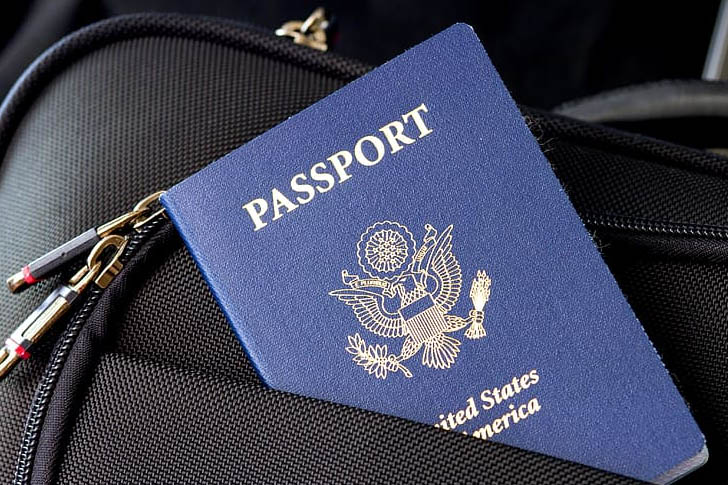VIOLATIONS IN U.S. IMMIGRATION LAWS
The U.S. government can have you deported when you are defined as an alien in the country by law. The U.S. government can start your removal process anytime and expel you due to various immigration laws violations. The following are the violations that can be the cause of your deportation outside of the country:
· Expiration of temporary visa.
· Illegal entry to the country.
· Crime committed in the country.
Should you wish to appeal for a waiver of removal, the law credits such under certain circumstances, but in some cases, deportation cannot anymore be waived.
WHAT HAPPENS WHEN YOU ARE SOUGHT TO BE DEPORTED

The U.S. government serves formal notice if they seek your deportation. The notice should give you time to take the necessary steps done, such as appearing before an immigration judge. Essential questions will find clarity about your admittance or denial of the deportation issue. In which case will be done in front of an immigration judge. A particular type of release can be asked even if you admitted to the grounds on which you are about to be deported, such as a certain type of relief, that is, asylum. The following are requisites that credit and qualify for asylum:
· Residence In the U.S. for less than a year; and
· Proof of persecution that took place in your home country because of race, religion, nationality, political opinion, or membership in a particular social group that is a well-rounded reason for you to move in the U.S.
If the judge has granted your asylum application, you will no longer be deported. Instead, you are allowed to stay and apply again for a green card at least after one year.
Another option for you to not be deported is for you to be able to claim exceptional hardship for you and your immediate family. Qualifications for such is as follows:
· good moral character
· existence
· at least ten years in the U.S. and
· vouching for you is a U.S. citizen spouse or children who are U.S. citizens or considered to be lawful permanent residents.
A green card may still be claimed while in relief from deportation, and a visa is still available. Some people secure their visas annually.
In cases of deportation due to crime, there can be a few circumstances where a waiver from deportation may be granted. It is one that should show the positive factors and outweigh those that oppose one to stay in the country.
EFFECT OF LEAVING COUNTRY VOLUNTARILY

There are also circumstances where the applicant takes full credit and voluntarily leave the U.S. Doing so makes it easier to secure the visa and be able to revisit the country in the future. So if the U.S. government succeeded in their plot to deport you, at its expense rather than your own, you are facing the possibility of not being able to re-enter the country for five years or worse, you get 20 years conviction for an aggravated felony.
WHAT CAN HAPPEN IF YOU FAIL TO APPEAR AT A U.S. DEPORTATION HEARING?
Attending the U.S. Deportation hearing is a must. For all the client knows, the removal order can be served at the time of his or her absence. If it happened and reached the degree, what happens is seeking some type of relief that might be deemed and hold you for at least ten years.
Disclaimer: Let it be clear that any information stated in this article is only for informational purposes and should not be treated as legal advice or is it intended too. The advice of any legal and licensed attorney should not be in any way substituted by any information on this website. In fact, should one act in the business or rely on it, although it may be sound, it still helps to seek guidance from the attorney. Information on this website is periodically updated, whereby additional facts or future developments may affect the entire content in this site. Lastly, there is no guarantee that the information provided is correct, complete, or up-to-date, so the use of any information on this website is treated to be taken at risk.
Based on Materials from University Language Services
